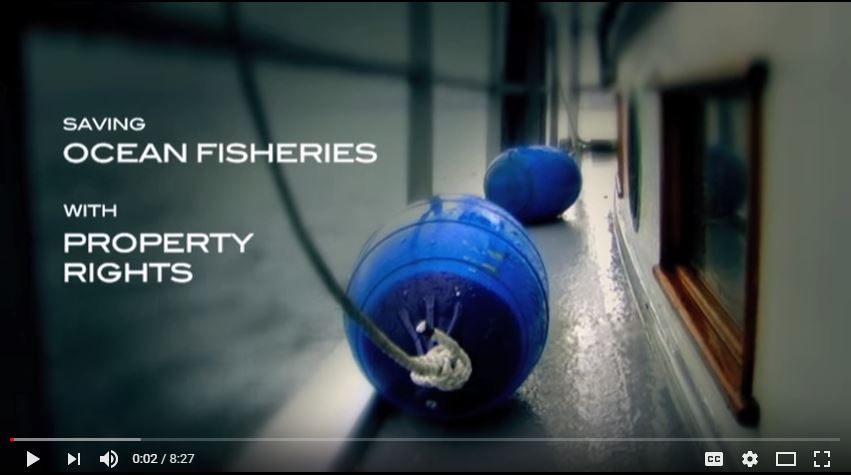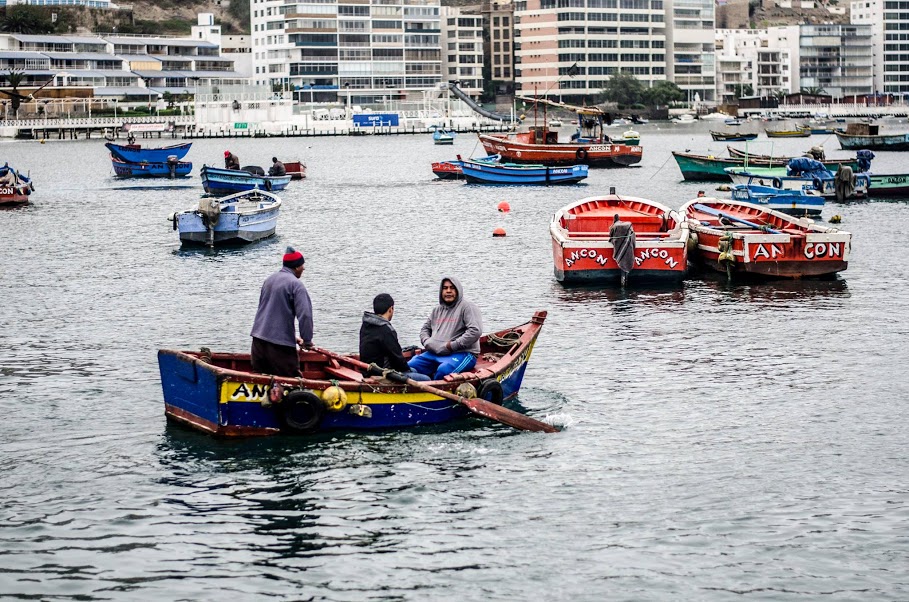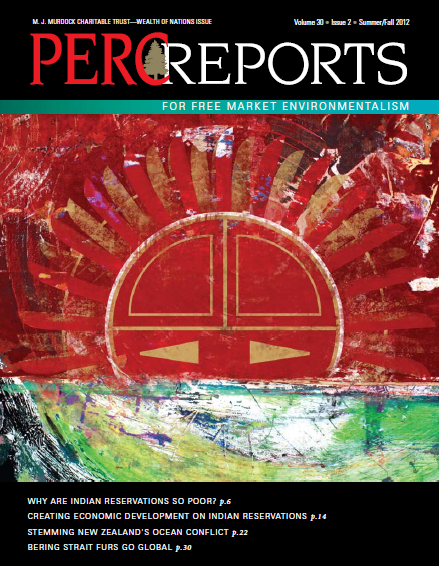[…] Bering Sea. Today, many fisheries have adopted “catch shares,” a program that gives fishermen ownership in the resource. With individual tradeable quotas, they have become better stewards of the fishery and learned to manage their shares for a productive and sustainable future. Once a skeptic, Mark became an advocate of catch shares and explains […]






